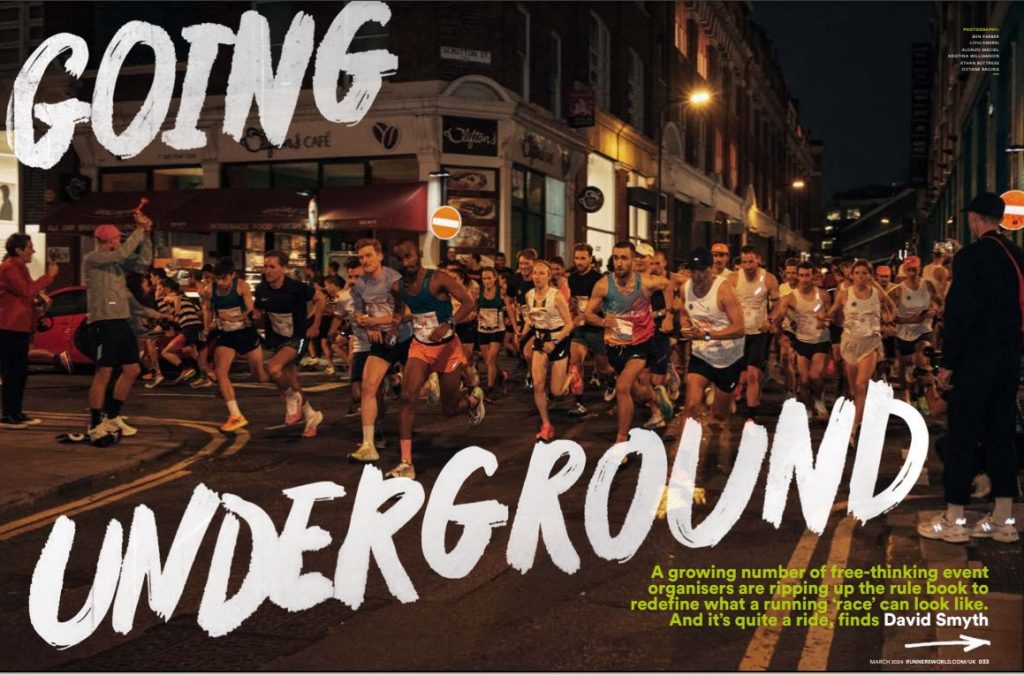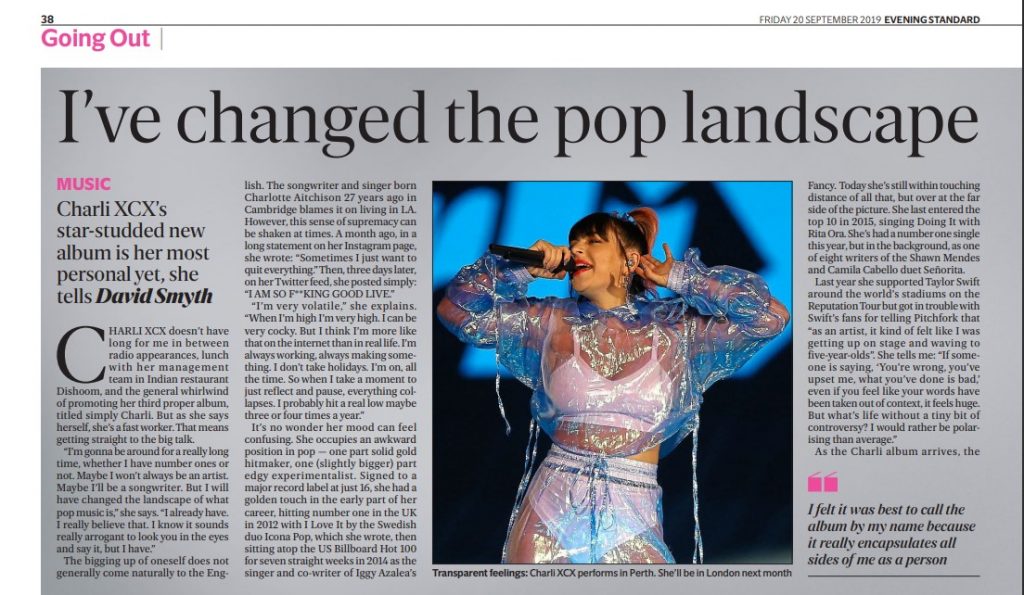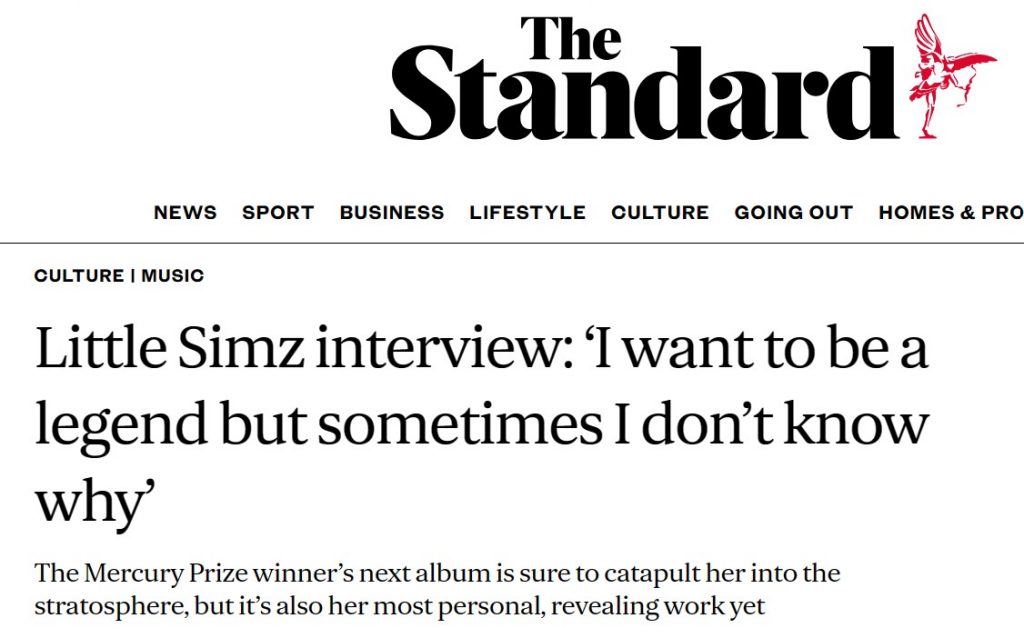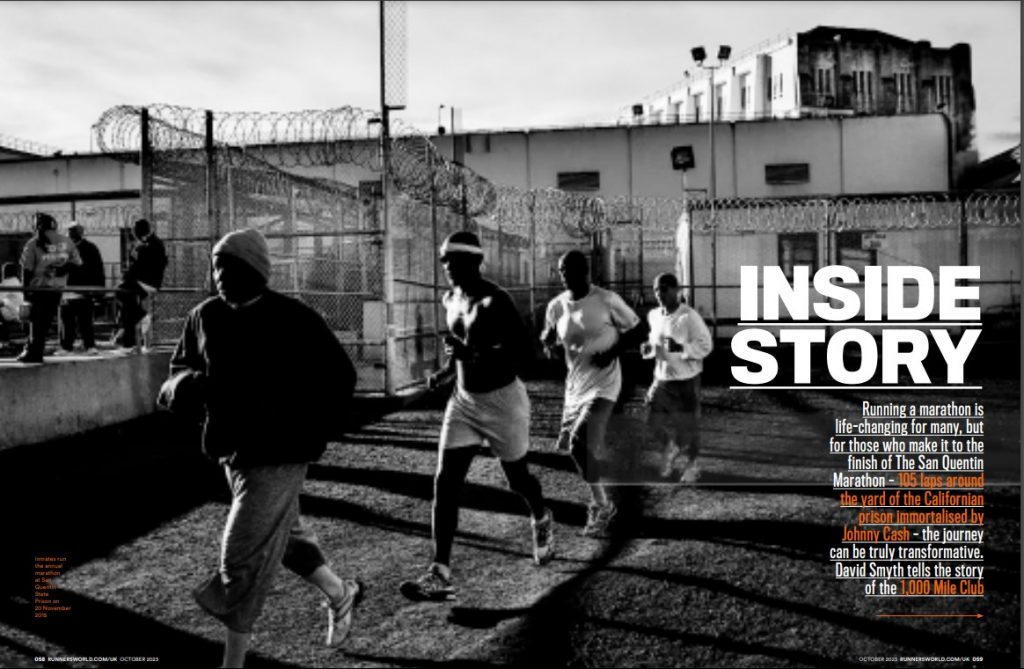On a beach in Honduras in the summer of 2010, Nick Mulvey experienced his sink or swim moment. Surrounded by strangers, clutching an acoustic guitar, having just told the other members of his band, Portico Quartet, that he needed this two week holiday to decide whether he was permanently leaving them, he started to sing.
“I knew that I’d probably never see these people again, and also that they didn’t speak much English,” he says. “So I just decided to sing my mumbles really confidently, and suddenly I found all this imagery. All these new songs felt much closer to being finished than I’d thought.”
For the 28-year-old from Cambridge, picking up the guitar again felt like a homecoming after five years as Britain’s foremost player of the hang – the Swiss percussion instrument invented in the early 2000s. A steel War of the Worlds alien that gives out a warm melodic clang, its distinctive sound was in large part responsible for Portico Quartet becoming the most accessible Mercury nominated jazz act of recent years. Their debut album, Knee-deep in the North Sea, was named Time Out’s best jazz album in 2007, Mercury nominated alongside Elbow, Radiohead and Adele in 2008,and led to several years of touring major venues for the band.
Mulvey, a self-taught teenage drummer and pianist who first picked up the guitar at 17, was initially delighted to discover another instrument to add to his repertoire. He started playing the hang while studying for a BA in Music at the University of London’s School of Oriental and African Studies. “I just stumbled across it. There’s no studying with it, it’s ultra-intuitive. Kids can play it. So it was a euphoric moment to discover that without having to learn a single new thing, I could make all this wonderful harmonic music.”
However, its simplicity also eventually meant a frustrating time for this ever hungry student of music from across the globe. “It’s not a cerebral way of making music. You just make shapes. So it ultimately ran its course quite quickly. The drummer, the bassist and the saxophonist were all on their primary instruments and I was on this secondary thing. I started to feel this pull, having not played the guitar or sung for five years.”
In a service station in southern Germany, in the middle of a long tour, the band began a conversation about where to go with their third album, and Mulvey blurted out that he couldn’t see how he was going to be involved. “When it landed in my mind it was obvious that I should leave,” he says. “And actually I think we all felt that. It was a big relief to tell them, because I felt that I didn’t really have a choice.” After that holiday touring Central America, he returned to confirm his decision.
There followed six more months of touring with Portico, during which mentally, he had already left the band. “We were pretty exhausted, and usually the thing that pulls you through is your shared aim. I’d let go of that, which made the bleak moments a bit bleaker.”
But although the break was made even harder by the fact that the four also lived together in Clapton Pond, east London, this is not a tale of in-fighting and acrimony. “It was pretty friendly actually. I got a lot of support from them.” Portico drummer Duncan Bellamy has made the artwork for Mulvey’s Fever to the Form EP, turning a score of the guitar parts into a pattern of dark blocks.
Mulvey didn’t rush into this new acoustic freedom. This EP was a long time in the making. For the first six months of his solo “career”, such as it was, he deliberately made no contact with the music industry. “All I wanted to do was play my instrument every day, to be in a room on my own and study my heroes.”
He listened to a lot of Paul Simon, Bob Dylan, and of course, Nick Drake. “He’s the main dude for me. It’s a reductionist thing, this boiled down music.” He listened over and over to songs such as Lennon’s Jealous Guy and Prince’s When Doves Cry, pulling them apart to understand their mechanics.
Then there was Santo Diame religious music from Brazil, Congolese guitarists, Islamic religious art and the writing of American poet Edna St Vincent Millay, whose poem Feast Mulvey adapts into the lyrics of his song Juramidam. If at first glance this sounds like typical singer-songwriter fare to file beside Ben Howard and Jose Gonzalez, bear in mind that it was written by an ex-jazzer whose mother gave him Steve Reich’s Music for 18 Musicians at 15, and its quiet intricacies start to take on deeper resonance.
“My playing is all about lines, not strumming chords. It’s about having motion and rhythm and groove. It doesn’t have to be complex, but it has to be animated. Singer-songwriter stuff, north Africa, Philip Glass – it’s all in there.”
The new EP leads with Fever to the Form, ostensibly the simplest strum but important to Mulvey as the first song he completed after leaving Portico. “It was a real watershed moment. The first line is, ‘So whether music or madness/I live by one of the two.’ That’s what the choice between the band and my own music felt like to me. Also, I was reading Odysseus which begins with a prayer to the muse, and this is my prayer.”
Then there’s House of Saint Give Me, which Mulvey says falls somewhere between Leonard Cohen’s Ten New Songs and Brazilian choral music, and depicts in its lyrics his father’s retirement work tending his local cemetery. There’s the aforementioned Juramidam, a plucked rhythm with a sparse energy, and finally River Lea, a more experimental piece that combines Mulvey’s guitar with the adventurous cello work of Hannah Marshall.
The EP comes out on Communion Records, the acoustic hotbed co-run by Ben Lovett of Mumford & Sons. A debut album, to be recorded over the summer, will be released on Fiction – a label which, having brought great success to Elbow, Snow Patrol and The Maccabees, seems to specialise in late bloomers and second chances.
Mulvey may look like he’s starting afresh, but he insists that everything is connected. “Even though there’s a surface level difference between my music then and now, it’s all the same to me. I do the same things on the guitar that I did on the hang. It’s about repetition, hypnotic music, the groove. On this EP that groove meets songs.”









